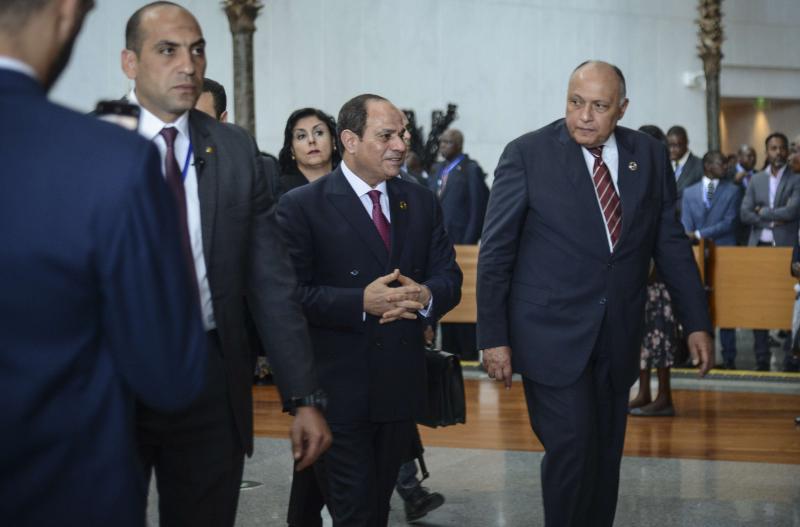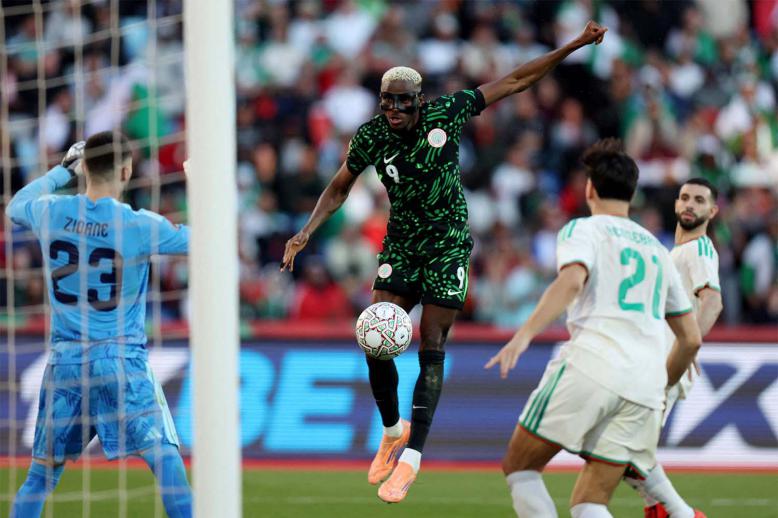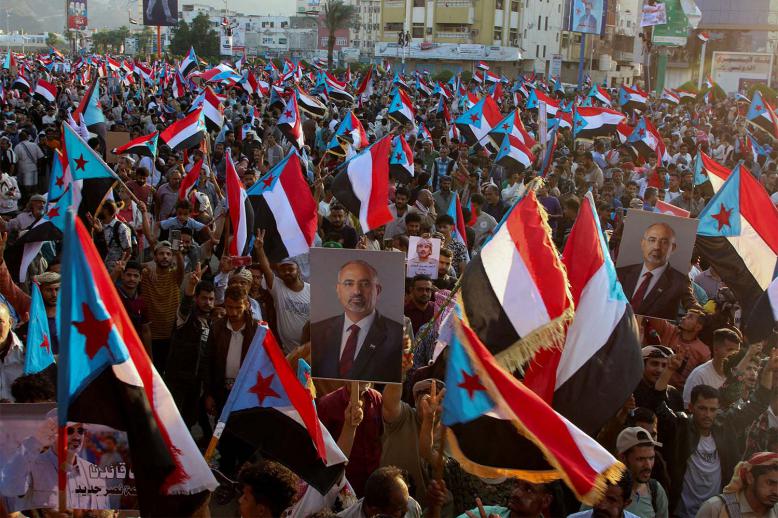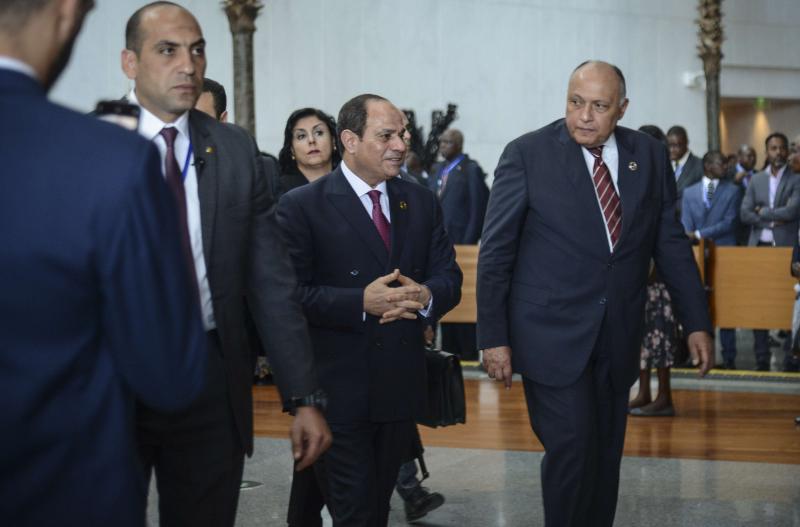Egypt backs African representation at UN Security Council
CAIRO - Egypt is campaigning on behalf of Africa for reforming the UN Security Council to allow for African representation in the council. Africa, Egypt said, deserves to have a voice in the international body with two permanent seats on an enlarged Security Council.
"The African permanent membership in the council must enjoy veto power," said Egypt's Permanent Representative at the Security Council Mohamed Idriss.
The Egyptian campaign coincided with debates on expanding and reforming the council.
"These occasions require the members of the international community to stand up for the principle of justice," Idriss said in a statement. "They need to address imbalances in the work of the Security Council by giving Africa a say in international decision-making."
Whether the enlargement of the 15-member Security Council will make it more effective in addressing world problems is debatable.
Talks on reforming the council come at a time of what can be termed as African reawakening and unprecedented challenges for the continent.
Some African economies have been steadily growing, outpacing many international ones. Those economies have turned into strong international investment magnets.
Whether it is in Egypt, Algeria, Morocco or South Africa, industrialisation is gaining momentum and those countries are seeking industrial partnerships that allow for the transfer of technologies and the localisation of modern industries.
The African Union and its subsidiary institutions are turning into effective tools for conflict-resolution. Whether in Sudan, South Sudan, Libya or Central African Republic, the African Union has proved capable to resolve problems in Africa without foreign interference.
This is why Africa is asserting itself at the international level, analysts said.
"This is especially true in the presence of a lack of understanding among the five permanent members of the council of the problems of the continent," said Heba al-Beshbeshi, an African affairs researcher at Cairo University. "Africa is badly in need of two seats that represent the different economic, geographic and political blocs in it."
The continent is under intense pressure to act collectively to protect its security while some parts of it have turned into hotspots of terrorism and extremism, including the Sahel and the Sahara.
Weak security systems in countries in those areas, rampant poverty and corruption are turning the region into fertile soil for terrorists fleeing the battlefields in Syria and Iraq. There are fears that the threat of terrorism in the region would move into other countries.
These threats are an additional reason Africa needs permanent Security Council representation, which would allow Africa to steer international decision-making in a way that helps it protect its security and prevent interference from outside powers, analysts said.
Deep under Egypt's drive for an Africa voice in the council is Cairo's ambition to be a permanent Security Council member. Egypt is trying to regain its status as a political powerhouse in Africa - and the world - as it becomes more politically and economically stable.
As chairman of the African Union in 2019, Egyptian President Abdel Fattah al-Sisi led the continent into more interaction with the world, including with China, Russia, the United Kingdom and Germany. He proposed an initiative for ending conflicts in Africa, along with another for revamping infrastructure in African states.
A permanent Security Council seat, analysts said, would help Egypt serve the causes of the continent.
"Egypt will be able to clarify the problems and the needs of the continent to the world, thanks to its good international contacts and diplomatic expertise," said Hassan Wagih, professor of international relations at al-Azhar University.
However, Egypt does not stand uncontested in seeking permanent Security Council membership. Its undeclared bid for a seat must have endorsement from African Union members. This can be a daunting mission for Cairo, especially if other African countries seek the same goal.
The African bid for permanent Security Council representation as a whole faces challenges, including possible reluctance from the five permanent council members - China, France, Great Britain, Russia and the United States - to allow more international decision-making sharing, analysts said.
"The five permanent members of the council will surely feel reluctant to allow in more members," said Ayman Shabana, a political science professor at the Institute for African Studies at Cairo University. "They are comfortable manipulating world decision-making."
Ahmed Megahid is an Egyptian reporter based in Cairo.
This article was originally published in The Arab Weekly.







